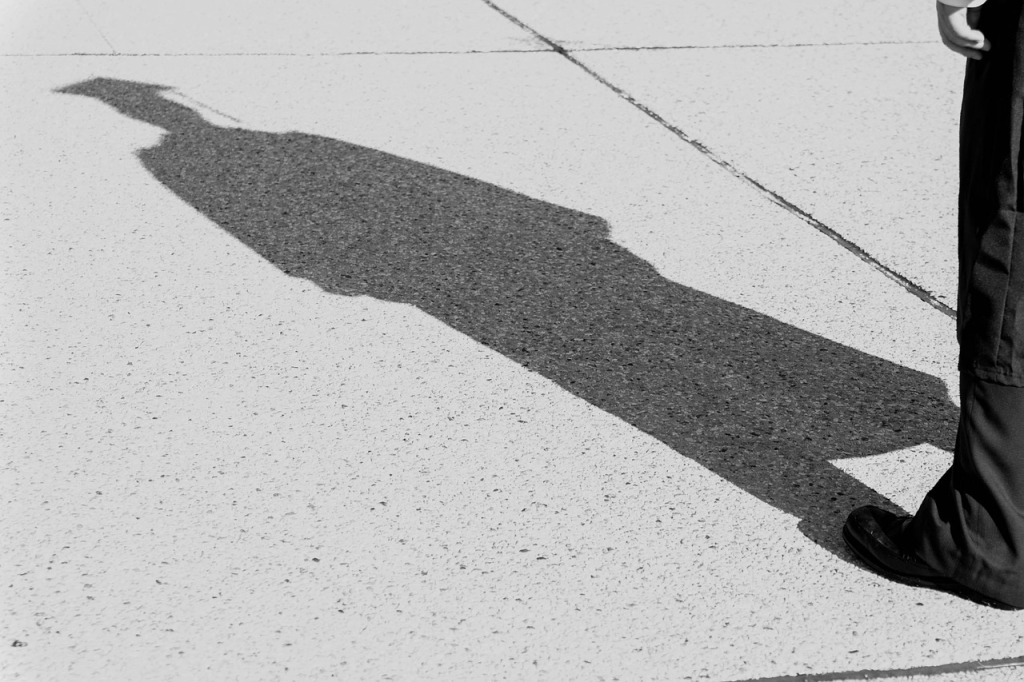When my alarm went off at 6:30 a.m., I turned off the alarm on my phone and went to social media to see who had won an Oscar. I valued my sleep over watching the 94th Academy Awards. I immediately noticed Will Smith was trending. My first thought was, “He got his first Oscar; it is about time.” Then, I learned that was true, and before that occurred, he slapped the taste out of Chris Rock’s mouth.
First, I wondered if this was some type of staged act between Rock and Smith. But once I saw a video of Smith telling Rock to “Keep my wife’s name out your f—ing mouth!” I knew this was not staged and Smith did, indeed, assault Rock during the Academy Awards.
Malcolm X once said, “The most disrespected woman in America is the Black woman.” Rock’s joke about Jada Pinkett-Smith, Smith’s wife, was tasteless and inappropriate, and Will Smith slapping the taste out of Rock’s mouth was equally wrong.
As my grandmother told me many times after I had gotten into a fight, “Two wrongs don’t make a right.” My God-fearing grandmother did not care what led to my physical response, she challenged me to rise above. As a person who has been in many fights during my youth, I know the satisfaction of responding with violence. In his song “Try Jesus,” Tobe Nwigwe sang, “Try Jesus. Please don’t try me ‘cause I fight. I have no problem layin’ these hands.” I lived by those words when I was younger.
The truth is the satisfaction is only temporary. The fallout is always worse. The hill you have to climb to get back into a good light in the eyes of others is steep.
Now, people are fighting online about the “joke” and the slap.
As I wrote on Twitter, whether you agree or disagree with Will Smith slapping Chris Rock after his tasteless Alopecia joke, I hope we can all agree that Alopecia is NOT funny and no one should be ridiculed for a condition beyond that person’s control.
Alopecia is not only a condition that Jada Pinkett-Smith and Rep. Ayanna Pressley have, but it is also a condition that students in classrooms across our country struggle with, too. We need to have more conversations about how to support students with alopecia.
The American Academy of Dermatology (AAD) defines alopecia as, “a disease that develops when the body attacks its own hair follicles (where hair grows from), which can cause hair loss anywhere on the body.” There is also more than one type of alopecia: alopecia areata (patches on the scalp), alopecia totalis (hair loss on the entire scalp), and alopecia universalis (hair loss on the entire body). AAD also stated that “most people develop it during childhood or their teenage years.” Your hair is one of the first attributes people can see. It can be devastating for a young person to have no control over their hair.
Earlier this month an Indiana student with alopecia died by suicide. According to her mom, Rio Allred had been bullied because of her hair loss. A child should never believe that death is better than living.
First and foremost, students with alopecia should be supported with their choice of how they want to deal with their alopecia. They may choose to do nothing and let their hair be regardless of bald spots. They may choose to shave their heads, as Pinkett-Smith and Pressley did, or they may choose to wear a wig. Educators or students have no right to make comments about what they think about the choices students with alopecia make. Educators should swiftly address any negative comments.
Second, students with alopecia should not be put on the spot. If students want to talk about having alopecia, then allow it. It is not the students’ job to teach others about their condition unless they want to do it. However, educators need to be informed about the condition to answer questions students may have about alopecia.
Former school counselor and Ball State professor Sherri Barrow, whose daughter has alopecia, shared the following:
Education is key! When we know better we do better. Kids are curious, so they ask questions such as “Is it cancer?” or “Are they sick?” The best thing we, as educators, can do is have a REAL conversation about what alopecia is and empower everyone through education, including the bystander. Bystanders should be empowered to say “Hey, that’s not cool. They have alopecia; they can’t help their hair loss.”
Let’s focus less on Rock’s “joke” and Smith’s slap and focus more on educating people about alopecia and supporting students who have it.






Leave a comment